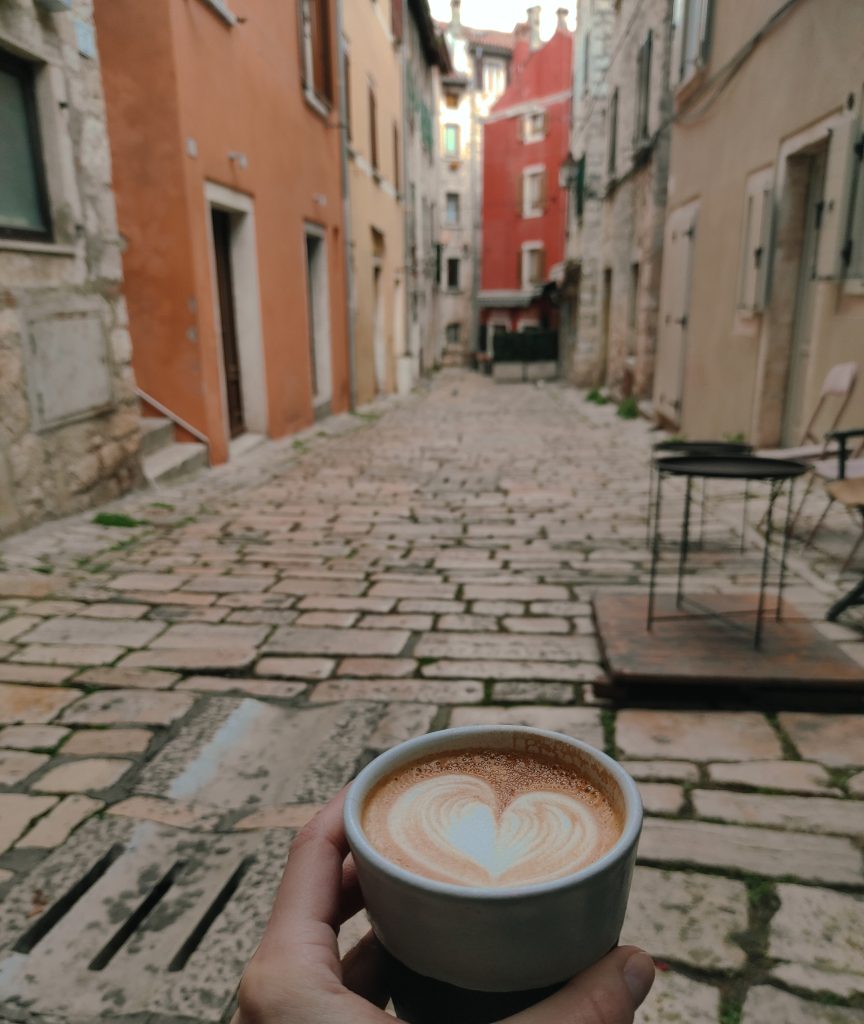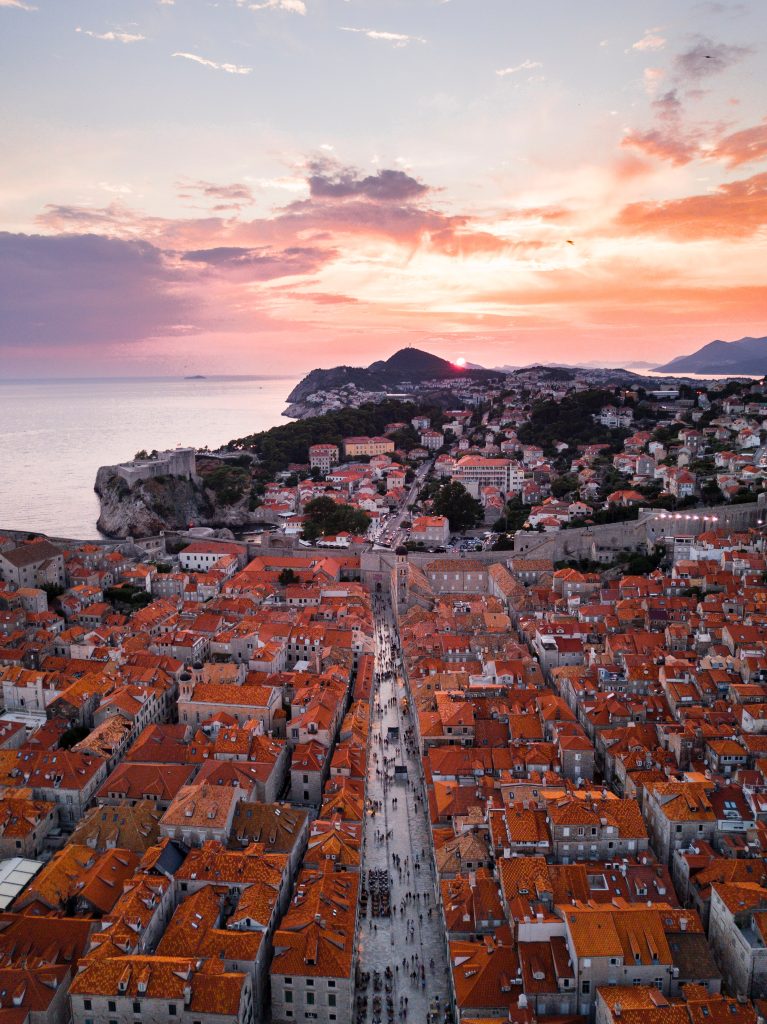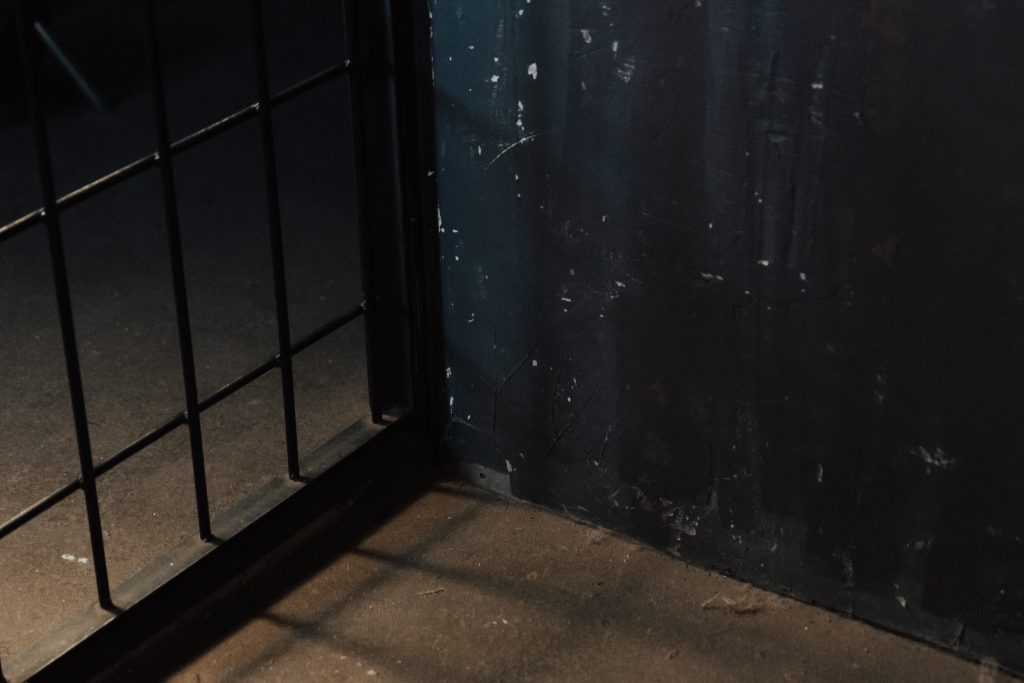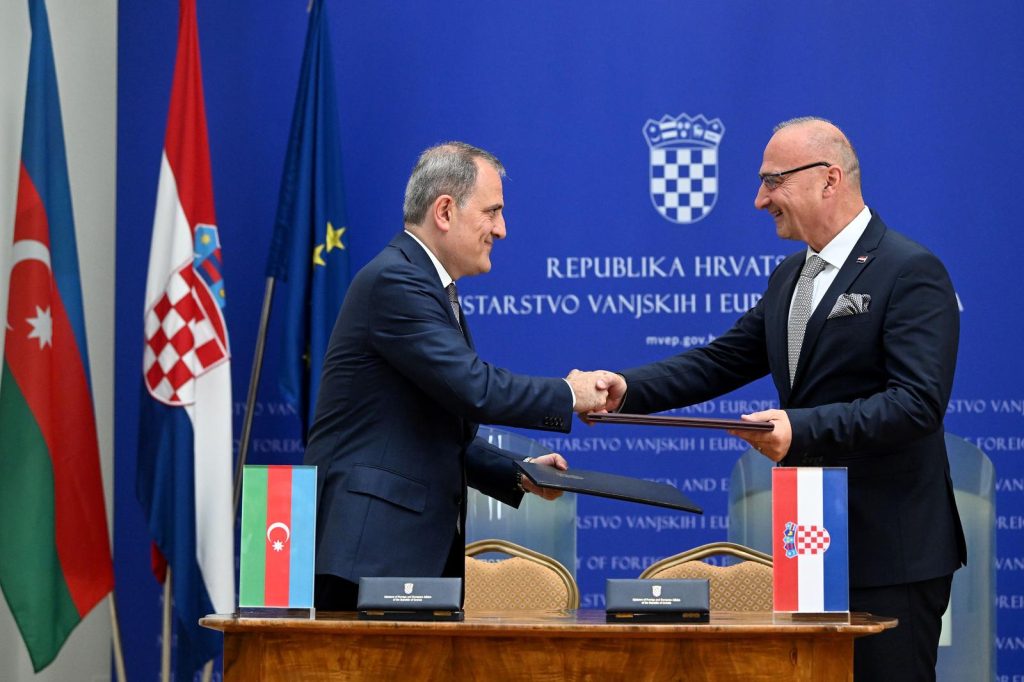September the 8th, 2023 – This week in Croatian politics, we’ve had a visit from the Azerbaijani foreign minister, continued to support for Ukraine via Croatian ports, discussions of tourism and of course – Croatian hooligans in Greece.
The Azerbaijani Foreign Minister pays a visit to his Croatian counterpart

While the meeting was intended to be focused primarily on EU pressure put on finding a resolution to the ongoing conflict between Azerbaijan and Armenia, attention quickly turned to the fact that the Croatian Ministry of Foreign Affairs had placed the “wrong Azerbaijani flag” on the table. Following this complaint, the flag was removed. It’s important to note that the flag of Azerbaijan has altered many times throughout its turbulent (and formerly USSR dominated) history, with the last change to it being introduced a decade ago (2013). The Croatian Ministry of Foreign Affairs was apparently unaware of this latest alteration.
The pair discussed relations, and Bajramov stated that Croatian expertise and support in terms of demining processes have proven to be useful to Azerbaijan. This is because Azerbaijan and Armenia, two former Soviet states, have fought two wars in a 30 year period over the disputed Nagorno-Karabakh region, recognised as part of Azerbaijan but inhabited mostly by ethnic Armenians. In a six-month conflict back in 2020, Azerbaijan reclaimed swathes of territory lost in an earlier war that engulfed the region amid the collapse of Soviet Union rule.
Bajramov warned that what he referred to as liberated territories remain “contaminated by mines” following the conflict and that Croatian experience in this sense is a useful asset to the Azerbaijani people.
Plenkovic decides to continue allowing Croatian ports to facilitate Ukrainian grain exports

If there’s one thing that Croatian politics has done absolutely 100% correctly recently, it is that it has remained united in its unwavering support for Ukraine. With the exception of politically damaging statements frequently made by President Zoran Milanovic about Russia and Ukraine, most of Croatian politics has come together to form a united front for the suffering of Ukraine and the Ukrainian people.
This support has come in the form of a very rapid decision on Ukrainian refugees in Croatia to continuing to aid the country in the military sense. This support has now continued to be extended to include Croatian ports for Ukrainian produce.
Andrej Plenkovic once again offered the possibility of exporting Ukrainian grain through Croatian ports after the collapse of the UN agreement that allowed food from Ukraine to reach the global market. Back in July this year, Moscow pulled out of a year-old agreement that created export corridors for tens of millions of tons of grain and fertiliser, accusing the West of simultaneously obstructing its own grain and fertiliser exports.
Speaking at the summit of the Three Seas Initiative in the Romanian capital of Bucharest, writes Index, Plenkovic again offered Croatian ports as an alternative for the export of Ukrainian grain. “Croatia sees itself as the Mediterranean gateway to Central Europe, and that’s why we’ve chosen to offer more opportunities in our ports, especially in our strategic Port of Rijeka,” said the Croatian Prime Minister.
He added that the government is currently busy working on a railway connection between Rijeka on the Adriatic Sea and the port of Vukovar on the Danube.
More on this topic can be read by clicking here.
Croatian economist Damir Novotny calls Croatian tourism “a myth”

Tourism always attracts an insurmountable number of opinions across the board in Croatia. This year has been no different, with price hikes, inflation and many other factors playing a role this summer. Damir Novotny, who previously stated that “Croatia wants more than it can actually offer” in tourism, has now referred to it as “a myth”.
While not exactly Croatian politics, there is a huge overlap in tourism and politics in this country, given that tourism is Croatia’s strongest economic branch by far. Tourism results for the first eight months of this year and new trends in tourism were discussed recently on a popular HRT programme. The guests were the Director of the Directorate for the System of Tourist Boards, Categorisation and Legal Affairs of the Ministry of Tourism and Sport, Monika Udovicic, the President of the National Association of Caterers, Jelena Tabak, the President of the Family Accommodation Association of Istria, Lorena John, and well known Croatian economic analyst Damir Novotny.
“The results of this tourist season are good, arrivals and overnight stays are at the level of pre-pandemic 2019. What makes us especially happy is that traffic increased back during the pre-season,” said Udovicic.
The president of the Family Accommodation Association of Istria, Lorena John, pointed out that some foreign markets surprised them. “We were surprised by some markets, there were a lot of Danes, we’ve seen the return of the Italians, the number of German visitors was somewhat smaller, but other nationalities filled those places,” she stated.
“This was our first strategic tourist season and the occupancy in the catering industry was slightly lower; the peak season, i.e. July and August, saw a drop in the sales volume of 10% to 20%, but this was compensated for financially. There was no growth in July and August, but that makes us happy because we didn’t burst ‘at the seams’, and we had a lot of growth back during the pre-season. We also naturally hope that the post-season will be good. We don’t need growth in July and August, only an increase in terms of overall quality,” said Jelena Tabak.
“Croatian tourism has become a myth. We have a whole series of external effects that aren’t favourable. We have ab overloading of the infrastructure, a large concentration of tourists in a short period of time, which also brings with it the overloading of all communal infrastructure, creating a cost that can hardly be estimated locally.
“Croatia does not have enough food for the number of tourists who come in the short term, there is not enough of all goods, so we have deficits on external accounts because goods have to be imported,” said economic analyst Damir Novotny.
Novotny then discussed tourism reforms

“The public debate ended a few days ago. Back in 2020, in the midst of the coronavirus pandemic, we launched the tourism reforms, and now we’ve got a new law that should enter into force on January the 1st, 2024. What the new law prescribes is the proper management of sustainable tourism.
The fact that we’re still sitting and counting the number of arrivals and overnight stays can very easily lead us astray. The law stipulates that it’s going to be necessary to measure the carrying capacity calculations of individual destinations, this means that each destination will need to measure how many tourists it can accommodate,” Novotny said, among other things, adding that because of this, some destinations will have tools to limit numbers if they become overloaded.
Plenkovic gives new details about the situation with the detained Croatian hooligans in Greece

Answering journalists’ questions during his stay on the island of Brac, Plenkovic touched on the topic of the detained Croats still being held in Greek prisons. He has stated that he has remained in constant contact with the Greek Prime Minister. “They said it will be a matter of weeks for them to complete their investigation. As soon as that process is finished, we’ll have new information about the Croatian citizens who are still being held in Greek custody. We asked for their safety to be ensured, and yes, they’re all safe.
Second, we requested that everyone who isn’t being faced with any criminal proceedings be automatically deported, to be sent back to Croatia. Third, we asked for the criminal procedure be fair and efficient. And fourth, that we guarantee that we’ll implement the proper precautionary and surveillance measures if we end up with the situation that one of those included in the criminal proceedings ends up being returned home to Croatia.”
Croatia cooperates closely with Greece in other fields as well, explained the Prime Minister, noting that Croatia once again sent a Canadair to help Greece put out its wildfires. As nearby nations, Croatia and Greece have excellent relations, as he does with the Greek Prime Minister. Plenkovic stated that in spite of this very unfortunate situation, things between Croatia and Greece are firmly back on track in terms of relations.
Split Mayor Ivica Puljak claims that the Prime Minister hates Split

A strong statement, indeed. Split Mayor Ivica Puljak recently stated that he believed Prime Minister Andrej Plenkovic failed to support Split’s initiative to host the European Games because “he hates Split”. He also believes it was because of “HDZ’s defeat”. Puljak has raised a few eyebrows in Croatian politics with these comments.
Puljak said at the session of the City Council that as that Dalmatian city’s mayor, he did everything in his power to get Split to be the host of the European Games, but the issue was that the Prime Minister failed to support it.
“Prime Minister Andrej Plenkovic hates Split, he doesn’t like the people who live in Split, that’s why he won’t approve the European Games [initiative], because he can’t get over the fact that HDZ didn’t win here,” said Puljak, arguing with HDZ councillors. He added that the Prime Minister would support Split hosting the European Games “if the HDZ was in power in Split”.
Other names in Croatian politics have referred to Puljak’s comments as “difficult to understand” and “childish”.









